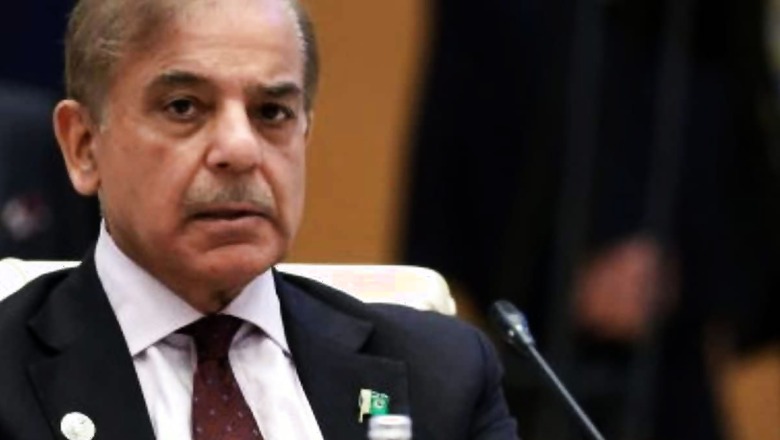
views
With the Pakistan’s Supreme Court announcing to hold provincial elections in Punjab on May 14, the government is looking at ways to delay the polls.
The Pakistan Democratic Movement (PDM) may challenge the order by exercising their right to file a review in the Supreme Court or confront the SC by judicial references and by legislation in Parliament.
Last year’s regime change onwards the Pakistan’s superior judiciary has found itself mired in controversies, either due to internal schisms over administrative authority or external pressures over the formation of benches. But Pakistan’s judiciary is no stranger to controversies. Over the years, it has been responsible for its fair share of excesses, often done under the garb of being the protector of the Constitution and upholder of the rule of law.
Meanwhile, the PDM leaders have decided to submit reference against Chief Justice of Pakistan (CJP) and two other Supreme Court (SC) judges, which include CJP Umar Ata Bandial, Justice Muneeb Akhtar and Justice Ijazul Ahsan, in Supreme Judicial Council (SJC) — the three-member bench — which nullified the Election Commission of Pakistan’s (ECP) decision to postpone Punjab elections.
The decision was taken during a meeting of leaders of all coalition parties, chaired by Prime Minister Shehbaz Sharif in Islamabad.
Sources further said the meeting also decided to ratify federal cabinet’s rejection of the Supreme Court’s verdict by Parliament.
During the meeting, PDM leaders also exchanged views on different proposals to avert the Punjab polls on May 14. Proposals include economic emergency, extension in national assembly tenure, judicial references, that is, fight between Parliament and judiciary, and if all stakeholders agree to hold all elections on one time in the country.
PDM leaders and PM Sharif also gave important task to the legal team regarding the emergency and extension in the national assembly tenure by six months on the grounds of economic crisis.
The meeting also expressed concern over the delay in signing the Supreme Court (Practice and Procedure) Bill 2023, which aims to curtail the suo motu powers of office of the chief justice of Pakistan (CJP).
According to Article 232 of the Constitution, the President may declare a state of emergency if he believes that a grave threat to Pakistan whether from war, external aggression, or internal disturbance. But, unfortunately, the government is not in that position as the president supports PTI and has no two-third majority in Parliament.
If the government does not release funds by April 10, then the contempt of court proceedings may be initiated against PM Shehbaz Sharif and his cabinet.
Read all the Latest News here




















Comments
0 comment